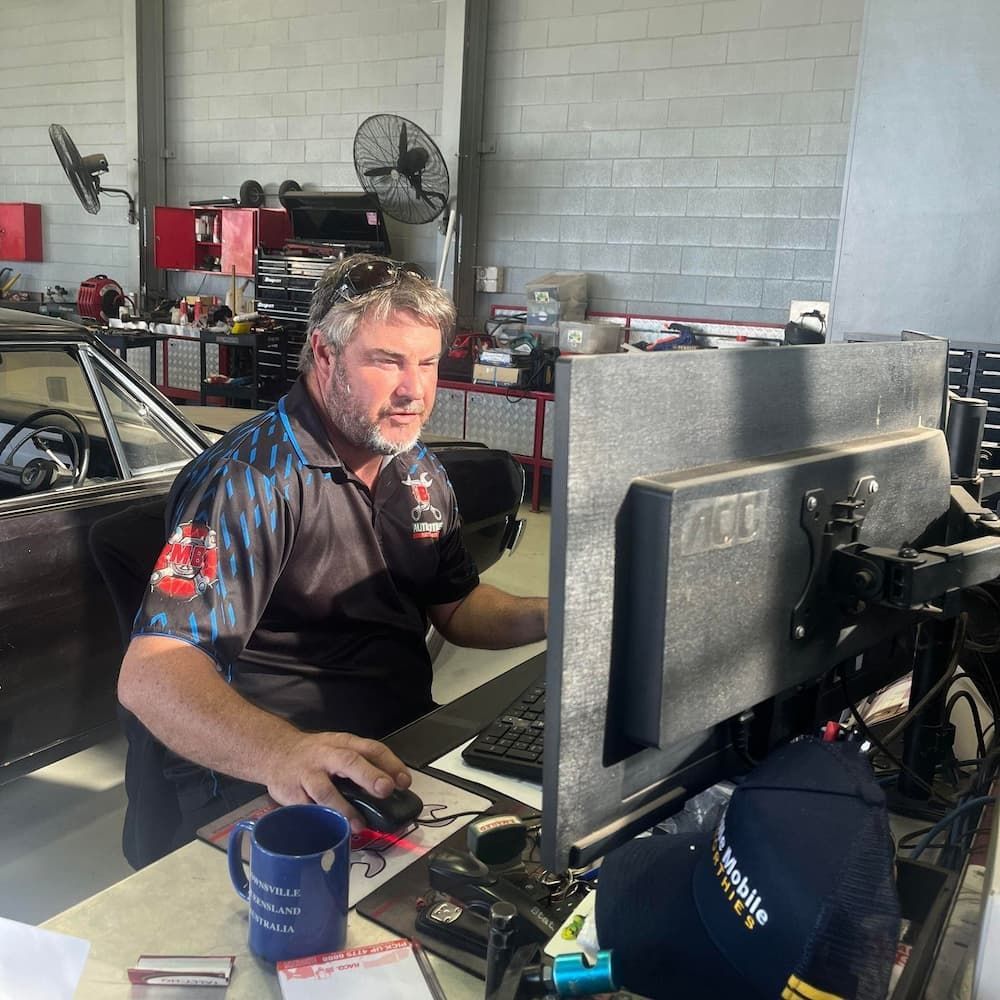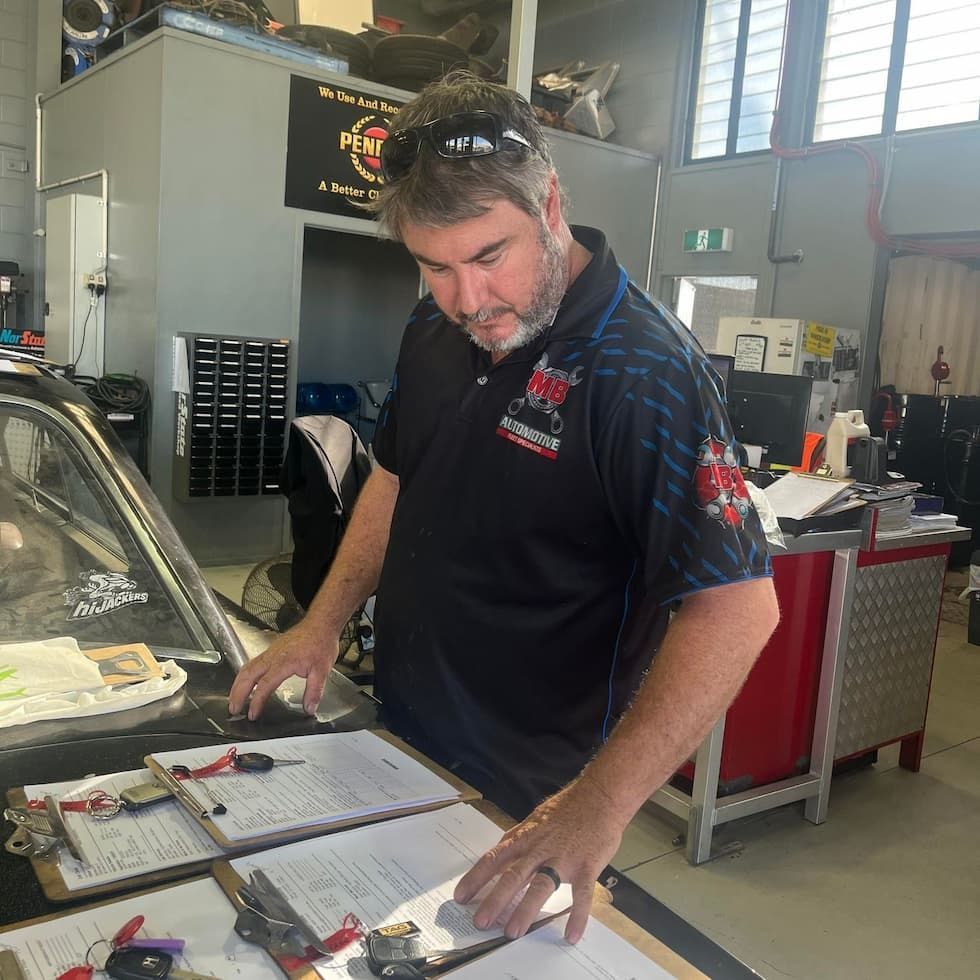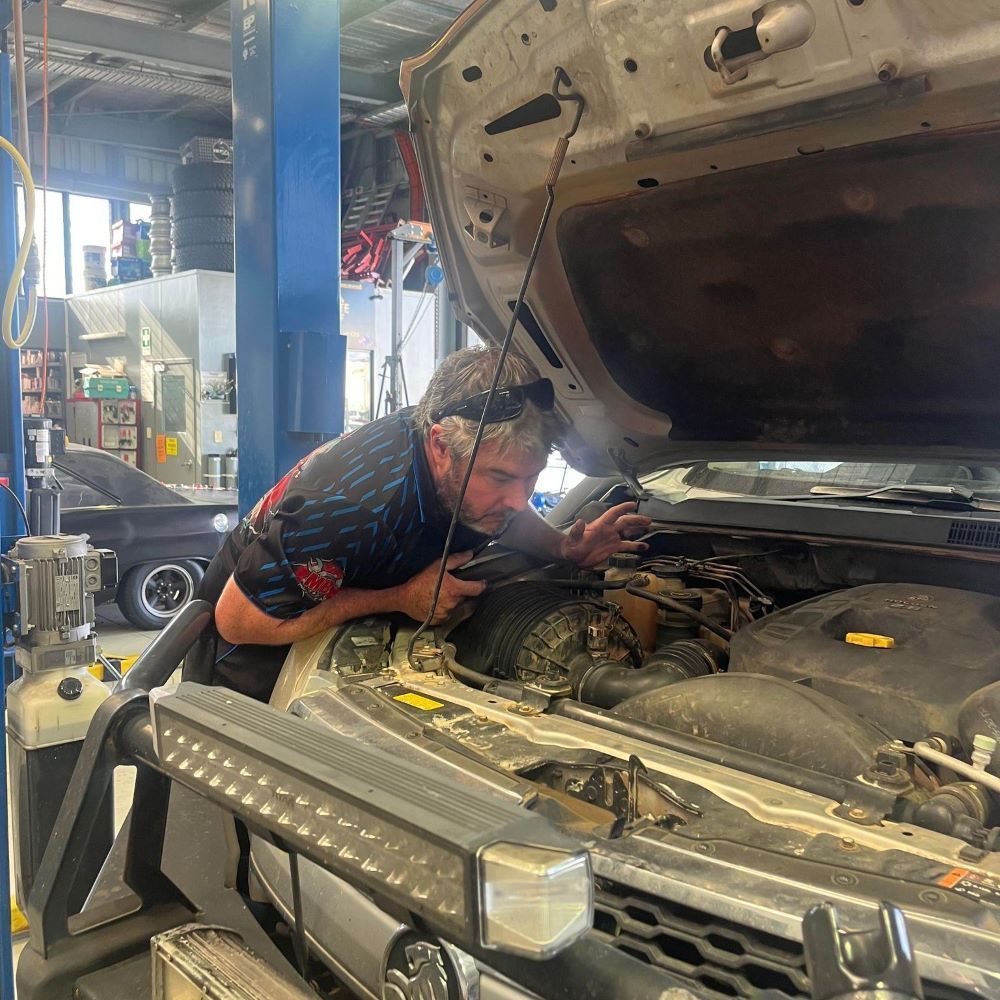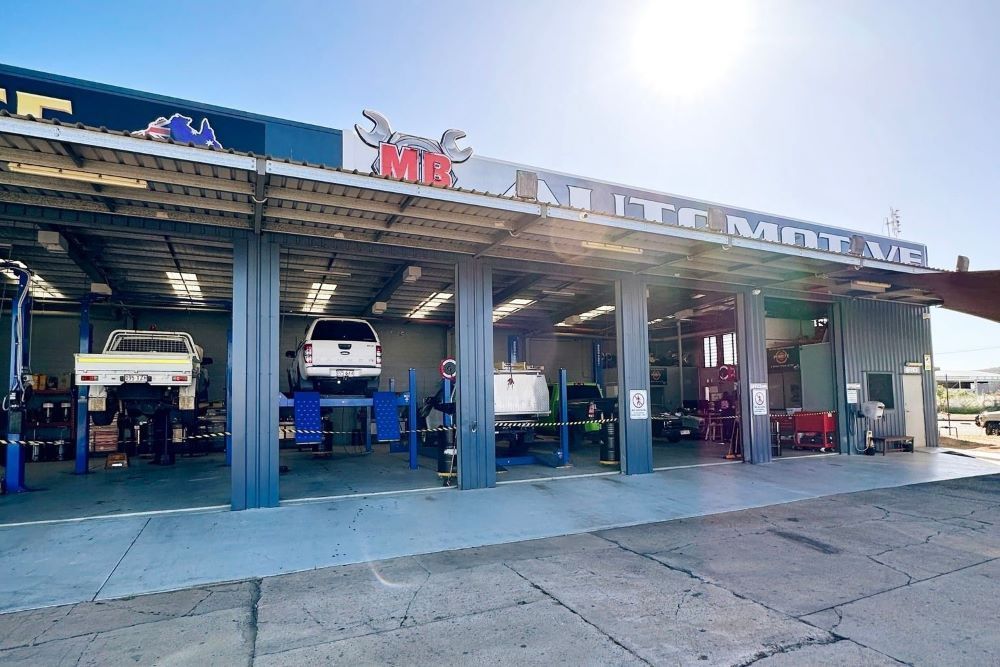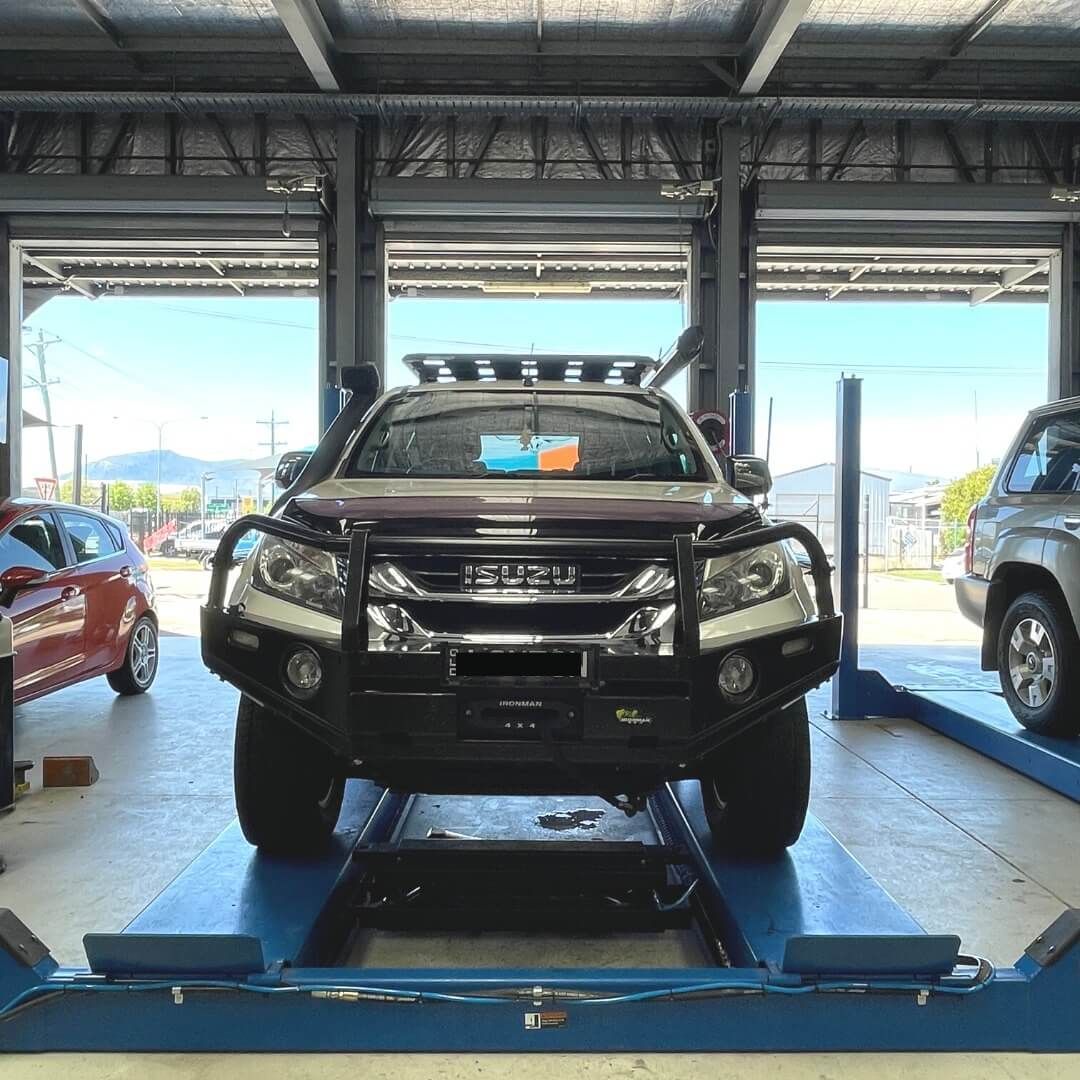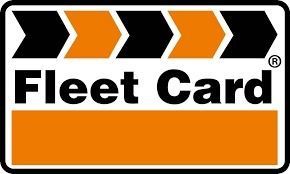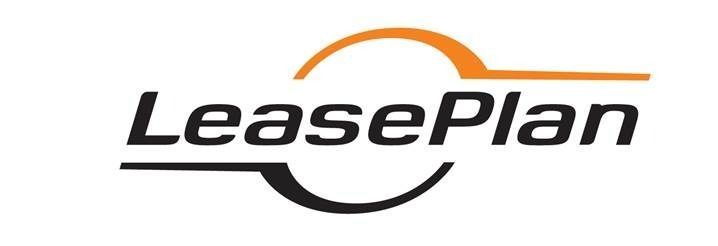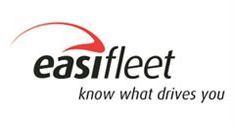Technology's Role In Modern Fleet Management
In today’s interconnected world, technology is at the forefront of revolutionising industries. Fleet management is no exception. With the advent of innovative tools and platforms, managing large fleets of vehicles has transitioned from manual, time-consuming processes to efficient, real-time tracking systems. This blog aims to shed light on how technological advancements have shaped and continue to impact the world of fleet management.
The Digital Transformation In Fleet Maintenance
Historically, fleet maintenance was heavily reliant on paper logs and manual checks. Over time, the integration of technology has significantly changed the landscape.
From Paper To Digital Logs
Initially, maintenance records were kept in paper logs, which were not only cumbersome but also prone to human error. The introduction of digital logs streamlined the recording process, ensuring accuracy and efficiency.
Automation And Predictive Maintenance
With the advent of automation, routine checks could be scheduled and performed seamlessly. Moreover, the rise of predictive maintenance utilises sensors and data analytics to foresee potential issues, minimising downtime.
Innovations In Fleet Tracking And Management
- Real-time GPS Tracking: Allows companies to monitor the exact location of their fleet, ensuring timely deliveries and operations.
- Mobile Apps: Offering drivers a platform to log details, report issues and communicate seamlessly with the central hub.
- Cloud-based Management Systems: These systems store vast amounts of data securely, providing instant access to fleet managers from anywhere.
- Integrated Communication Tools: Enhance connectivity between drivers, fleet managers and clients, ensuring smooth operations.
Safety Enhancements Through Technology
Driving and vehicle safety have been paramount concerns in fleet management. Fortunately, technology has played an instrumental role in improving this domain.
Vehicular Sensors
Advanced sensors now detect potential obstacles, reducing the likelihood of accidents.
AI-driven Safety Alerts
Artificial Intelligence analyses driving patterns, offering alerts to drivers about potential risks, ensuring the safety of both drivers and the vehicles.
Data Analytics: Driving Operational Efficiency
One of the most transformative aspects of modern fleet management is the use of data analytics. Fleet servicing companies can now harness the power of data to predict maintenance needs, understand vehicle performance and even anticipate traffic patterns. Such insights enable fleet managers to streamline operations, making informed decisions that optimise both time and resources.
The Rise Of Green Fleet Technologies
- Electric Vehicles (EVs): With a minimal carbon footprint, EVs are rapidly becoming a preferred choice for many fleet operators.
- Emission-reducing Devices: Attachments like exhaust after-treatment systems help reduce the harmful emissions from traditional vehicles.
- Fuel Management Systems: These technologies ensure optimal fuel consumption, contributing to both economic and environmental benefits.
Challenges and Solutions in Tech Integration
Challenge: High Upfront Costs
Integrating new technologies often comes with significant initial investments.
Solution: Long-term ROI
While the initial outlay may be considerable, the long-term benefits in terms of efficiency, reduced downtime and optimised operations often outweigh the initial costs.
Challenge: Training And Adoption
Introducing new tools and platforms requires training and might face resistance from employees accustomed to traditional methods.
Solution: Comprehensive Training Programs
Implementing thorough training programs ensures that all employees are well-versed with the new systems, facilitating a smoother transition.
MB Automotive's Commitment To Modern
Fleet Management
At MB Automotive, we understand the intricacies of fleet management in today’s dynamic landscape. Harnessing the power of modern technology, we aim to provide solutions that enhance operational efficiency, safety and sustainability. Whether you are seeking to integrate advanced tracking systems, optimise maintenance processes or transition to green fleet technologies, we are here to guide and support you.

